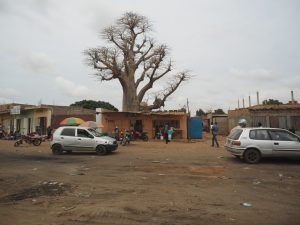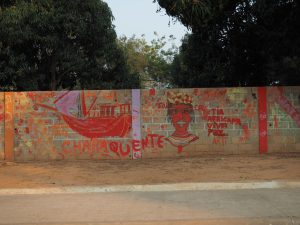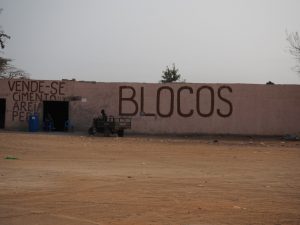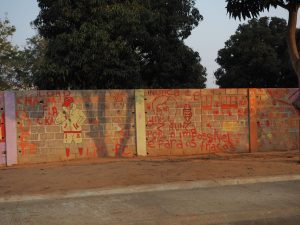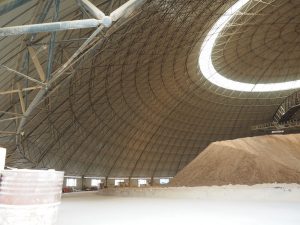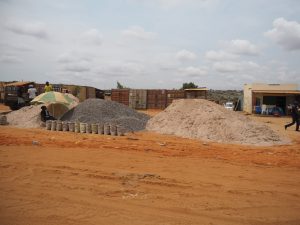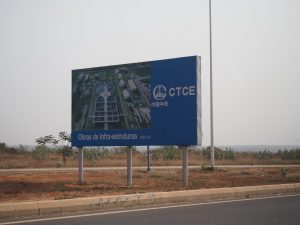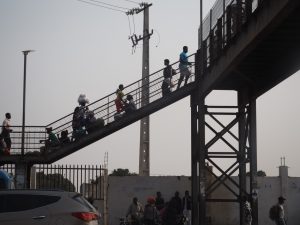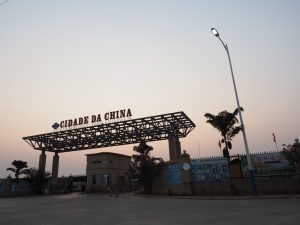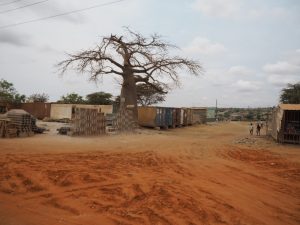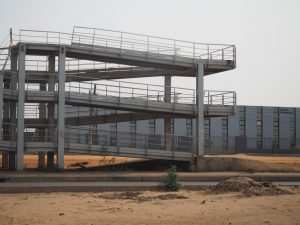Project: Grounding and Worlding Urban Infrastructures (GROWL, 2018-2021)
The objective of the Grounding and Worlding Urban Infrastructures (GROWL) project was to contribute to new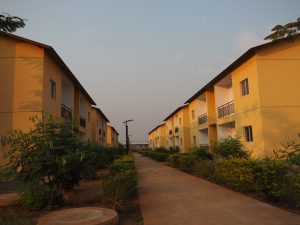 directions within critical environmental studies. First, to situate and learn from cities of the global South about environmental risks and their politics (Ernstson, Lawhon, and Duminy 2014; Lawhon, Ernstson, and Silver 2014; McFarlane, Desai, and Graham 2014; Myers 2016; Simone and Pieterse 2017; Ernstson and Sörlin 2019), and second, how global environmental risks and challenges are tied to urbanization as an expanding planetary phenomenon (Harvey 1996; Heynen, Kaika, and Swyngedouw 2006; Ruddick 2015; Ernstson and Swyngedouw 2019).
directions within critical environmental studies. First, to situate and learn from cities of the global South about environmental risks and their politics (Ernstson, Lawhon, and Duminy 2014; Lawhon, Ernstson, and Silver 2014; McFarlane, Desai, and Graham 2014; Myers 2016; Simone and Pieterse 2017; Ernstson and Sörlin 2019), and second, how global environmental risks and challenges are tied to urbanization as an expanding planetary phenomenon (Harvey 1996; Heynen, Kaika, and Swyngedouw 2006; Ruddick 2015; Ernstson and Swyngedouw 2019).
The GROWL project was above all designed to develop textured and historically rooted case studies from urban regions in Africa, in particular how Luanda has been shaped by oil extraction but also to develop comparative findings from urban environmental politics in Nairobi and Kampala.
Below follow the specific objectives of the project. We have also summarised our key findings and key outputs.
The specific objectives of GROWL, with a short comment on the status of these at the end of the project in 2021, were:
- Develop one in-depth case study of ‘petro-urbanism’ in Luanda and its linkages to Brazil and China. This objective has been accomplished and reported in several research reports and peer-review articles, with several more submitted or in advanced draft forms. The field work itself has resulted in an archive of over 200 pages of field notes, dozens and dozens of interview transcripts, hundreds of photos, historical documents, and GIS-based maps. While not a result in itself, these first- and second-hand source materials form an important database and archive for further comparative projects to build on. Of the six articles that were initially outlined to guide the field work for this case study, the project team has published one, three are in review, two are in advanced draft and one is drafted.
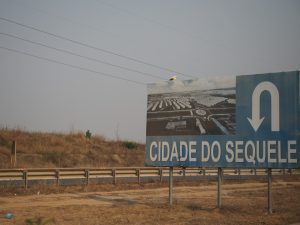
- Develop a comparative case study of energy infrastructure based on ongoing research of ‘auto-constructed’ and ‘heterogenous infrastructure’ in Kampala and Nairobi. We have submitted several empirical papers, some are based on my parallel project HICCUP in collaboration with Professor Shuaib Lwasa Makerere University, also an AXA Award recipient. See list below.
- Create a research video based on field work and analytical findings. This video, called “Blocos Urbanism: From Oil to Infrastructure in Luanda,” is now finished and will be published on Vimeo and on our lab group’s webpage The Situated Ecologies Platform (http://www.situatedecologies.net/films/). The initial objective to develop a closer collaboration with Luandan artists was however not possible because of COVID-19 making necessary travels to Luanda impossible. The film was instead developed together with a science journalist in Sweden and a Luanda-based video assistant, paired with photos from our earlier field work. The 20-minute video unpacks several of our main findings and will be available for teaching undergraduate, masters, and doctoral students (with associated articles and background material). It also reaches out to researchers, government agencies, funders, civil society and corporate actors who want to gain insights into petro-urbanism, Angolan-Chinese relations, geopolitics and resource extraction, and urban planning.
- Develop additional funding proposals to expand the project to further develop “comparative urban environmentalism” (Ernstson and Sörlin 2019). We have submitted grants to the UK, EU and Swedish funders in 2021 and will develop further for 2022.
The Grounding and Worlding Urban Infrastructures (GROWL) aims to develop in-depth case studies and astute mid-level theory of urban infrastructure at the intersection of political ecology and postcolonial urbanism focusing on “petro-urbanism” in Luanda with comparative infrastructure studies in Nairobi and Kampala.
Team:
